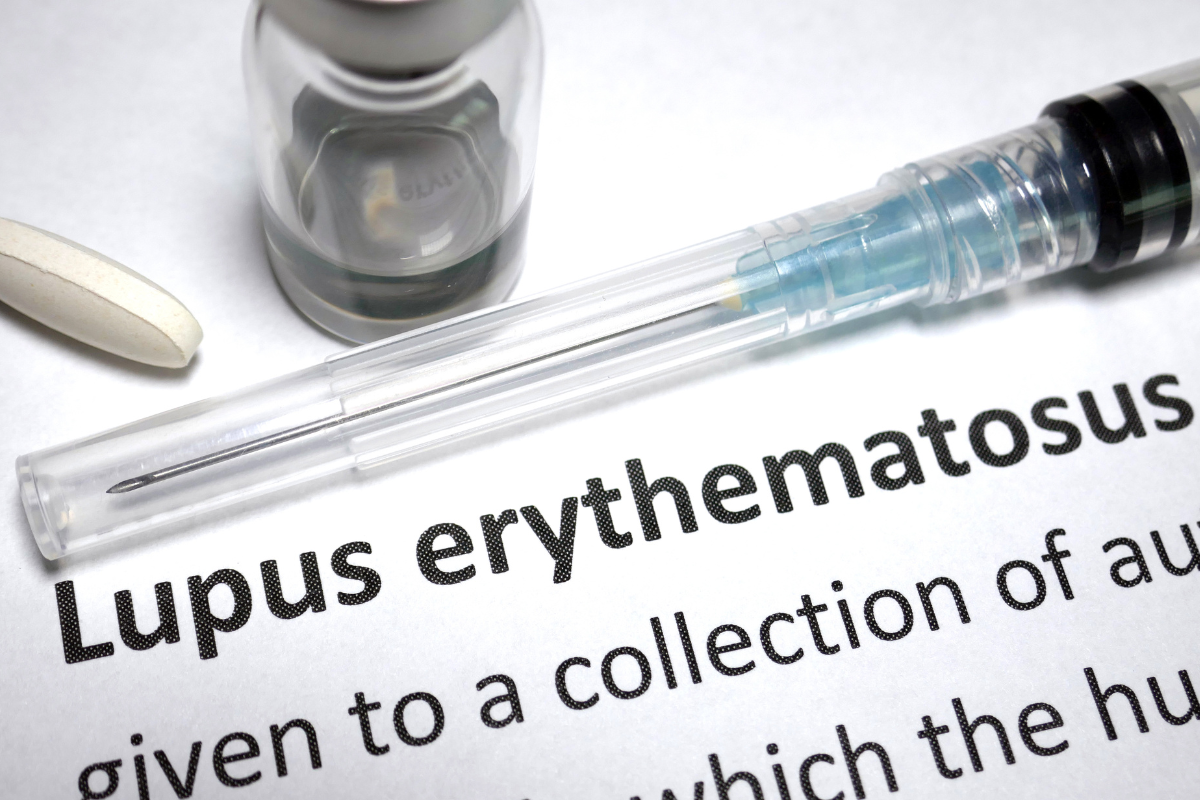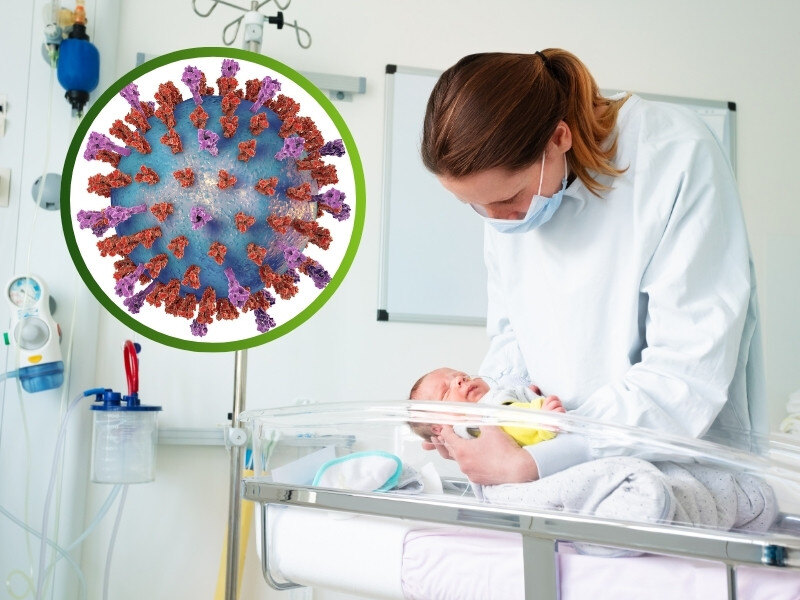First Patient Dosed with NK Cell Therapy for the Treatment of an Autoimmune Disease, Lupus Nephritis

Artiva Biotherapeutics has announced, in the first clinical trial of its kind, that it has begun dosing lupus nephritis patients with their natural killer (NK) cell therapy AlloNK (AB-101).
AlloNK is jointly developed by Artiva and Lupus Therapeutics, a clinical research affiliate of the Lupus Research Alliance. Lupus Therapeutics advised and supported Artiva during early development using their North American lupus clinical research centres – known as the Lupus Clinical Investigators Network (LuCIN).
RELATED:
- Positive Results from iNKT Cell Therapy Clinical Trial for COVID-19 ARDS
- NK Cell Therapies: Development, Application, and Challenges
- NK Cell Therapies and Their Promising Possibilities
Lupus nephritis
Lupus nephritis (LN) is a severe complication with the autoimmune disease lupus that is characterized by abnormal B-cell function and autoantibody production. LN is one of the most severe forms of lupus as it can induce organ damage and even death. It is estimated that approx. 200,000 patients are affected by LN.
Kenneth Kalunian, Professor of Medicine and Director of the Lupus Center of Excellence at UC San Diego School of Medicine said: “Lupus nephritis is among the most severe manifestations of systemic lupus erythematosus. Many patients do not respond to standard therapies. Examining new treatments could provide more novel options for this patient demographic.”
The first NK cell trial for an autoimmune disease
Artiva's multi-centre, open label, phase I clinical trial will assess the safety and clinical activity of AlloNK in combination with monoclonal antibody. The patient cohort consists of patients with either class III or IV LN who have relapsed or did not respond to previous standard of care treatment approaches. Patients will receive a treatment composed of lymphodepletion with cyclophosphamide and fludarabine, three-doses of AlloNK, and two doses of rituximab or Obinutuzumab.
"We are excited to bring AlloNK to patients with autoimmune disease. To our knowledge, this is the first time a patient has received an allogeneic NK cell therapy candidate in a U.S. clinical trial for treatment of an autoimmune disease," said Fred Aslan, Chief Executive Officer of Artiva.
Background
This study comes out of findings from another clinical trial which looked at blood samples from patients treated with AlloNK and rituximab for relapsed or refractory B-cell-non-Hodgkin lymphoma (B-NHL). That trial saw all patients – bar one – have their B cells deplete to non-quantifiable levels by day 8 after starting the therapy – the remaining patient reached this stage by day 15.
This gave Artiva confidence in AlloNK's B-cell-depleting mechanism of action. Because B-NHL shares tissues of interest with autoimmune diseases like lupus, Artiva have suggested the efficacy of the treatment for the disease.
"We are encouraged by the activity of AlloNK in our NHL trial, demonstrating AlloNK’s ability to drive B-cell depletion and helping validate the therapy’s potential mechanism of action,” said Aslan.
“Furthermore, our ability to combine AlloNK with CD20, CD19, or CD38 directed monoclonal antibodies gives AlloNK the versatility to target distinct B-cell subpopulations across different autoimmune diseases,” he continued.
AlloNK
AlloNK (AB-101), is a non-genetically modified, allogenic, cryopreserved NK cell therapy. The cell therapy is meant to complement the efficacy of B-cell targeting anti-CD20 mAb therapies such as rituximab or Obinutuzumab, which drives B-cell depletion. AlloNK holds a fast track designation from the FDA to treat LN in combination with rituximab or Obinutuzumab.
NK therapies used this way have been supposed after CAR-T therapies have shown promise of depleting B cells. A potential endpoint for the therapy is 'resetting' the immune system of patients with LN for long term remission from the disease. As the therapy is non-genetically modified, it is expected that AlloNK will not have the same issues that CAR T has faced – particularly secondary malignancies.








